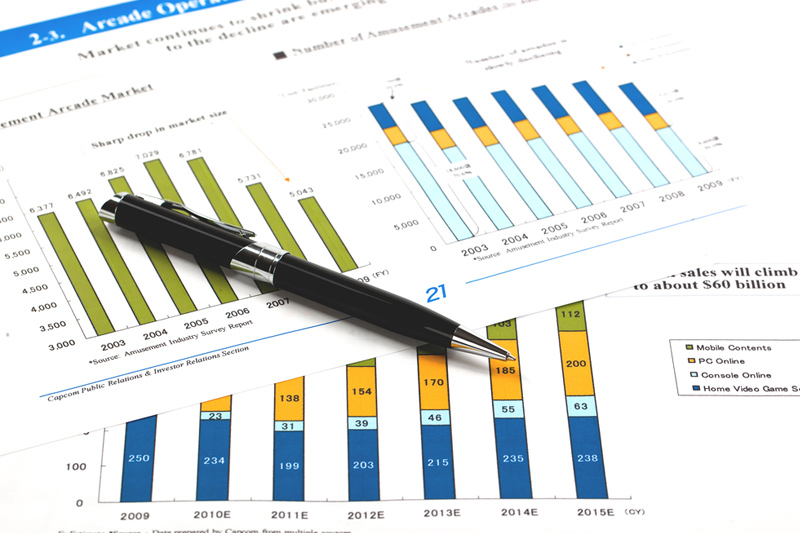[ad_1]
© Reuters. FILE PHOTO: A cargo ship and containers are seen at an industrial port in Tokyo, Japan, February 15, 2022. REUTERS/Kim Kyung-Hoon
2/3
By Tetsushi Kajimoto and Kantaro Komiya
TOKYO (Reuters) – Japan’s economy unexpectedly shrank for the first time in a year in the third quarter, as global recession risks, a weak yen and sharply higher import costs took a toll on household consumption and business activity.
Soaring global inflation, sweeping interest rate increases worldwide and the Ukraine war have undermined the post-COVID recovery in the world’s third-biggest economy.
Gross domestic product fell an annualised 1.2% in July-September, official data showed, compared with economists’ median estimate for a 1.1% expansion and a revised 4.6% rise in the second quarter.
It translated into a quarterly decline of 0.3%, versus a forecast 0.3% growth.
On top of the pressures from slowing global growth and red-hot inflation, Japan has been dealing with the challenge of the yen’s slide to 32-year lows against the dollar, which has magnified cost-of-living strains by further lifting the price of everything from fuel to food items.
“The contraction was unexpected,” said Atsushi Takeda, chief economist at Itochu Economic Research Institute, adding that the biggest aberration were the larger-than-expected imports.
“But the three key pillars of demand – consumption, capital expenditure and exports – remained in positive territory, if not robust, so demand is not as weak as the headline figure shows.”
Economy Minister Shigeyuki Goto highlighted some of the global challenges facing Japan.
He said that risks of a global recession due to monetary tightening by Western nations could deal a blow to households and businesses.
Prime Minister Fumio Kishida’s government is stepping up support for households to try to ease the effects of cost-push inflation, with 29 trillion yen ($196 billion) in extra spending in the budget.
In the last quarter, private consumption, which makes up more than half of the Japanese economy, grew 0.3%, against a consensus estimate for 0.2% growth and slowing sharply from the second quarter’s 1.2% gain.
Exports grew by 1.9% but were overwhelmed by hefty gains in imports, meaning external demand subtracted 0.7 percentage points from GDP.
[ad_2]
Image and article originally from www.investing.com. Read the original article here.

